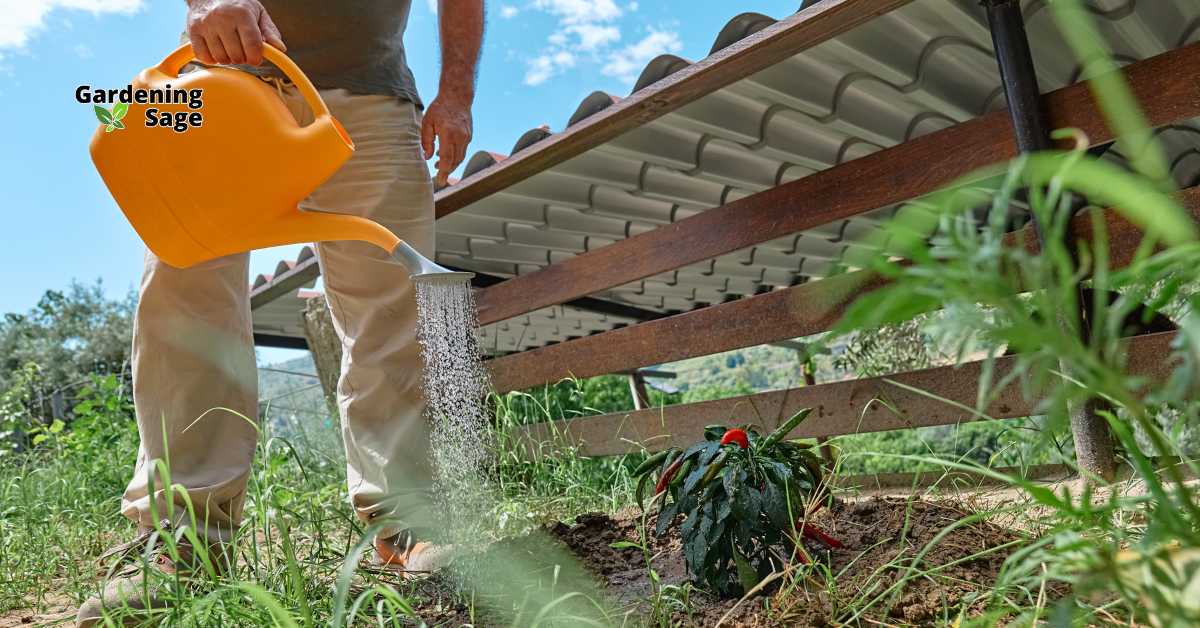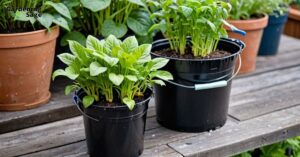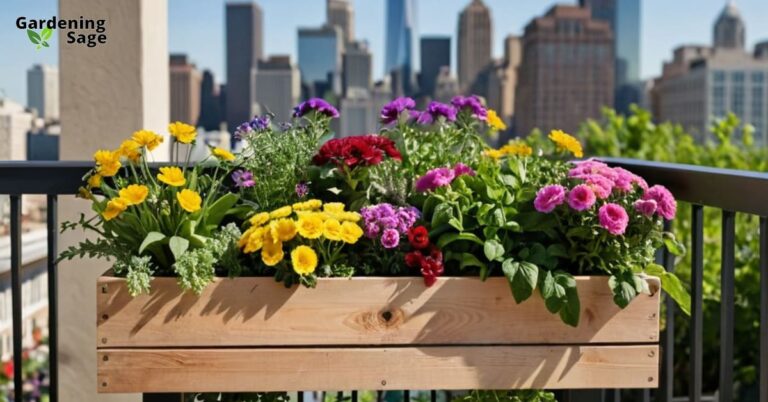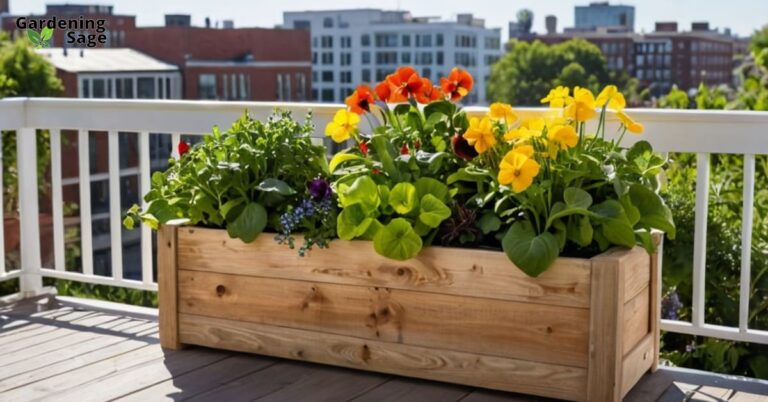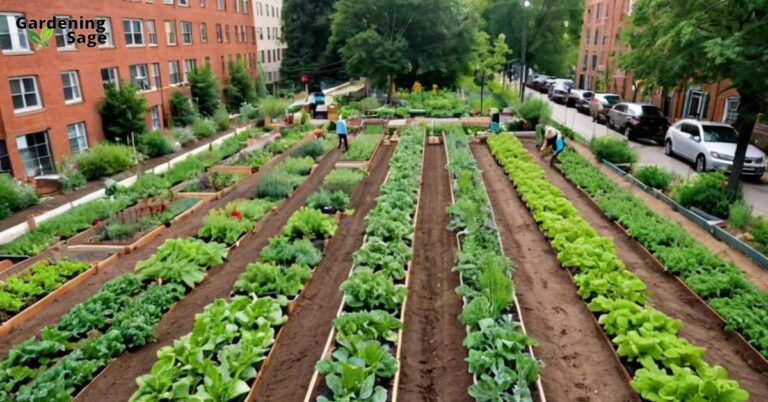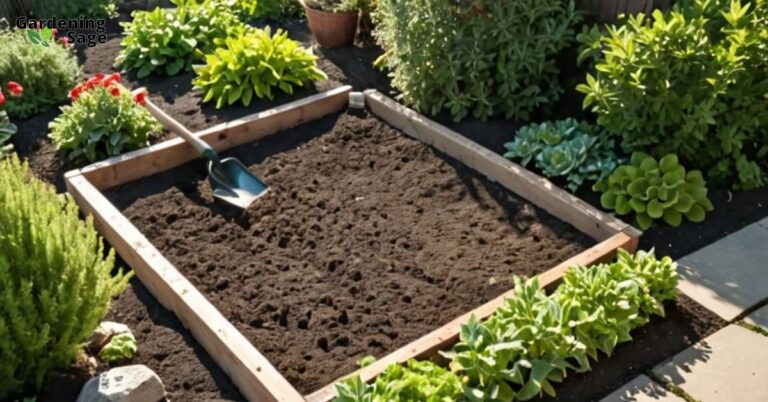Discover the art of natural pest control, a crucial element for any gardener dedicated to creating and maintaining a healthy, thriving garden.
This guide delves into safe and effective methods that align with nature, offering the best gardening tips for beginners and experienced green thumbs. Learn how to protect your garden naturally, ensuring a vibrant and sustainable outdoor space.
The Importance of Natural Pest Control
In the pursuit of a flourishing garden, natural pest control stands as a cornerstone of sustainable gardening practices.
Chemical pesticides, while effective, can disrupt the delicate balance of your garden’s ecosystem, harming beneficial insects and pollinators, and potentially impacting the health of your soil and plants.
Natural pest control methods offer a safer alternative, ensuring that your garden remains a haven for beneficial wildlife while keeping pest populations in check.
Starting a Garden: Preventive Pest Control Tips
For those embarking on the gardening journey, incorporating pest control into your garden’s design is essential.
Start by selecting pest-resistant plant varieties and implementing crop rotation to prevent pest infestations. Companion planting can also be a powerful tool, using plants that naturally repel pests or attract their predators.
Establishing a healthy, diverse garden ecosystem from the outset is key to minimizing pest problems in the long run.
Identifying Common Garden Pests
Knowledge is power in the fight against garden pests. Familiarize yourself with common culprits like aphids, slugs, caterpillars, and beetles.
Recognizing these pests and understanding their life cycles and habits will empower you to tackle them more effectively using natural methods.
Natural Pest Control Techniques
Embrace a variety of natural pest control techniques to keep your garden flourishing:
- Biological Controls: Introduce beneficial insects like ladybugs or nematodes that naturally prey on harmful pests.
- Physical Barriers: Employ row covers, nets, or collars around plants to prevent pests from accessing them.
- Homemade Repellents and Sprays: Use natural ingredients like garlic, neem oil, or soapy water to create effective pest repellents.
- Cultural Practices: Keep your garden clean and well-maintained to deter pests. Regularly rotate crops and prune plants to disrupt pest breeding cycles.
- Companion Planting: Certain plants, like marigolds and basil, can naturally deter pests while attracting beneficial insects.
Integrating Pest Control into Your Gardening Routine
Make natural pest control a regular part of your gardening routine. Inspect your plants frequently for early signs of pest activity and apply natural remedies promptly.
Keeping a garden journal can help you track which methods are most effective and plan for future seasons.
Sustainable Gardening: The Bigger Picture
Adopting natural pest control practices is a step toward sustainable gardening. By choosing eco-friendly methods, you’re contributing to a healthier ecosystem and promoting biodiversity in your garden.
This approach not only benefits your plants but also supports a more sustainable and environmentally friendly gardening practice.
Mastering Natural Pest Control
Natural pest control is an essential skill for any gardener looking to maintain a healthy and productive garden.
By utilizing these safe and effective methods, you can enjoy a bountiful garden that thrives in harmony with nature.
Whether you’re just starting a garden or looking to refine your current practices, these tips will help you cultivate a garden that is as resilient as it is beautiful.

